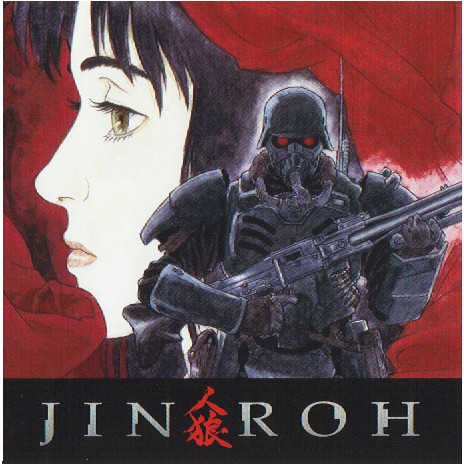
Why Jin-Roh Is a Masterpiece of Dystopian Anime
In the expansive universe of anime, few titles resonate with the term 'masterpiece' as profoundly as "Jin-Roh: The Wolf Brigade." Created by the renowned director Hiroyuki Okiura and released in 1999, this dystopian narrative brings forth a unique blend of intricate storytelling and philosophical introspection that sets it apart from typical action-driven narratives in the genre. Based loosely on the German fairy tale "Little Red Riding Hood," Jin-Roh explores themes of oppression, sacrifice, and the moral complexities of power during societal turmoil.
Unique Narrative and Thematic Depth
At its core, Jin-Roh presents a relentless struggle against an oppressive regime. Set in an alternate post-World War II Japan, the story introduces us to a world plagued by violence and fear. The protagonist, Kazuki Fuse, is a member of the Capital Police's elite armored unit, tasked with apprehending terrorists. However, the story takes a poignant turn as Fuse grapples with his own humanity in a system that dehumanizes its individuals. This introspective narrative elevates Jin-Roh from mere entertainment to a profound commentary on the nature of violence and the cost of survival in a dystopian society.
Visual Mastery and Artistic Style
Another compelling aspect of Jin-Roh is its striking animation and visual storytelling. The film employs a darker palette that perfectly encapsulates the grim reality of its setting. The meticulously crafted character designs and the detailed environments contribute to a palpable sense of authenticity and emotional weight. Okiura’s dedication to realism extends beyond mere aesthetics; it serves to enhance the narrative's themes, providing viewers with an immersive experience that leads them to ponder the moral dilemmas faced by its characters long after the credits roll.
Philosophical Undertones and Inspirations
The film’s philosophical undercurrents are significant, borrowing heavily from literary and cinematic influences surrounding the themes of authority and rebellion. The dynamics between the oppressor and the oppressed are explored through intricate relationships, particularly between Fuse and a girl named Kei who embodies the innocent casualties of the regime's brutality. This bond serves to contrast the inescapable cycle of violence, raising questions about whether redemption is possible for those ensnared within such a controlled society. In this way, Jin-Roh transcends the limitations often found in its genre, steering clear of straightforward tropes to illustrate the complex landscape of human emotion and societal struggle.
Cult Following and Cultural Impact
Over the years, Jin-Roh has garnered a dedicated following, solidifying its status as a cult classic among anime enthusiasts. The film's impact has inspired numerous discussions and analyses regarding its thematic significance and narrative structure, positioning it as a touchstone for understanding dystopian narratives within anime. In fact, fans can even celebrate this masterpiece at the "Jin-Roh Store," a hub for merchandise, collectibles, and memorabilia dedicated to the film. This store not only caters to collectors but also serves as a community space for fans to connect and reflect upon the profound messages encapsulated within the film. Through exclusive merchandise and discussions, the Jin-Roh Store creates a bridge between the audience and the complex world Okiura presented, allowing a new generation to discover and engage with its haunting beauty.
In conclusion, Jin-Roh stands as a singular achievement in the realm of anime, not simply for its visual grandeur but for its ability to provoke thought and stimulate dialogue on the ethical implications of power and violence. Its success as a dystopian narrative is rooted in its rich storytelling, complex characters, and philosophical depth. By weaving a dark tale that resonates with the current socio-political climate, Jin-Roh not only entertains but also educates, remaining an essential piece of cinematic art within the anime genre.









